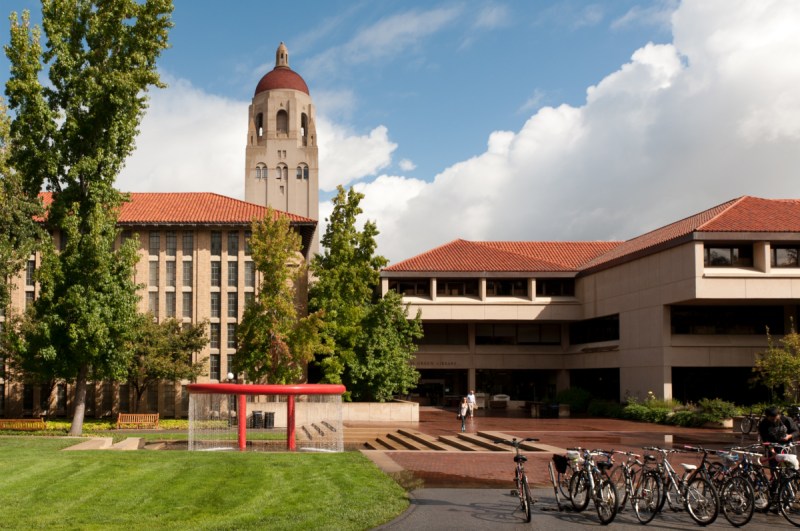Stanford is due to pay taxes totaling nearly $43 million on its investment returns due to a tax provision enacted in the Trump administration’s 2017 tax bill, according to University spokesperson Dee Mostofi. This is the first year the tax will be collected.
The tax follows a year of slower growth for Stanford’s $27.7 billion Merged Pool, which includes the University’s investable endowment assets and is responsible for funding professorships, libraries and financial aid. The tax will be directly deducted from the Merged Pool, according to Mostofi.
“Over time, the tax will reduce funds available from the endowment to support financial aid and other essential support for our core academic mission,” Mostofi wrote.
The provision, which was first enacted in the Tax Cuts and Jobs Act of 2017, places a 1.4% tax on capital gains — net investment income — made by universities, leading the provision to be known as an endowment tax. The tax applies to schools with more than 500 students and endowments larger than $500,000 per student. Around 30 schools are expected to be affected, according to Bloomberg.
The University accrued a tax liability of $42.9 million in 2019’s fiscal year, according to Mostofi. But the University will only pay a portion of that this July, as the current year tax is only applied to realized capital gains, which are made when the University sells its investments.
“The difference between the $42.9 million and current-year tax will be paid when the unrealized capital gains are eventually realized in future years,” Mostofi wrote.
University hopes to overturn the tax
Mostofi wrote that the University, which has the third largest endowment in the nation, is working to overturn the tax.
“Stanford strongly opposes the tax and is actively working on efforts to repeal or limit the tax,” Mostofi wrote in a statement to The Daily.
Rep. Tom Reed (R-N.Y.), a proponent of the tax whose district includes Cornell University, said in a 2017 press release that the tax could encourage universities to direct more money toward making college affordable.
“Some universities have lost sight of helping kids from working and middle-class backgrounds,” Reed wrote. “Universities are going to have to start making hard decisions of reducing executive salaries, reducing expenditures on some of these extravagant resort type of investments and focus on what they should be focusing on: providing a good quality education with an affordable price tag.”
Mostofi wrote that the legislation would hurt Stanford’s ability to support its academic mission.
“While hampering the charitable mission of higher education institutions, the legislation does not help our country’s students and their families,” Mostofi wrote.
